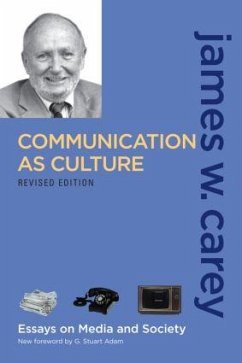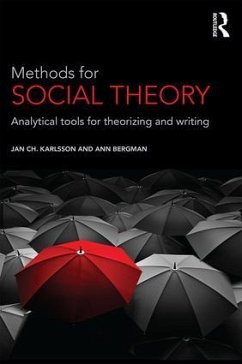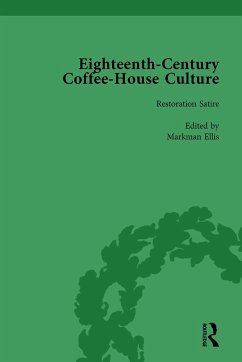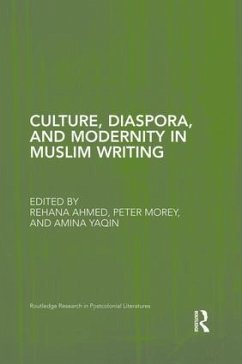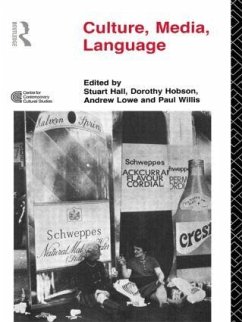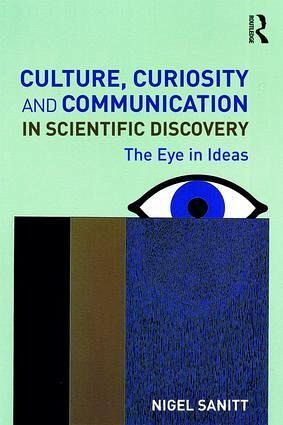
Culture, Curiosity and Communication in Scientific Discovery
The Eye in Ideas
Versandkostenfrei!
Versandfertig in 1-2 Wochen
51,99 €
inkl. MwSt.
Weitere Ausgaben:

PAYBACK Punkte
26 °P sammeln!
Many aspects of research activity in science are opaque to outsiders and this opacity infects how connections are made between science and other disciplines. The aim of Culture, Curiosity and Communication in Scientific Discovery is to try to shine a light through the mist of scientific research by way of examples taken from the sciences, social sciences and the humanities. The book maintains that the foundations of science are built on sand because theories come and go and the search for truth is elusive. Knowledge acquisition appears to be an end in itself, as though knowledge is some sort o...
Many aspects of research activity in science are opaque to outsiders and this opacity infects how connections are made between science and other disciplines. The aim of Culture, Curiosity and Communication in Scientific Discovery is to try to shine a light through the mist of scientific research by way of examples taken from the sciences, social sciences and the humanities. The book maintains that the foundations of science are built on sand because theories come and go and the search for truth is elusive. Knowledge acquisition appears to be an end in itself, as though knowledge is some sort of commodity or object that can be traded. Nigel Sanitt explains that we have created a mythical objective world, where we pretend that opinions and values are generated by data alone and not by human beings. Science is part of our culture and part of the understanding of science is bound up with recognizing the social, economic and political ramifications as they apply to science. Culture, Curiosity and Communication in Scientific Discovery is a radical interpretation of how science works and aims to change the way scientists and non-scientists think about science.






